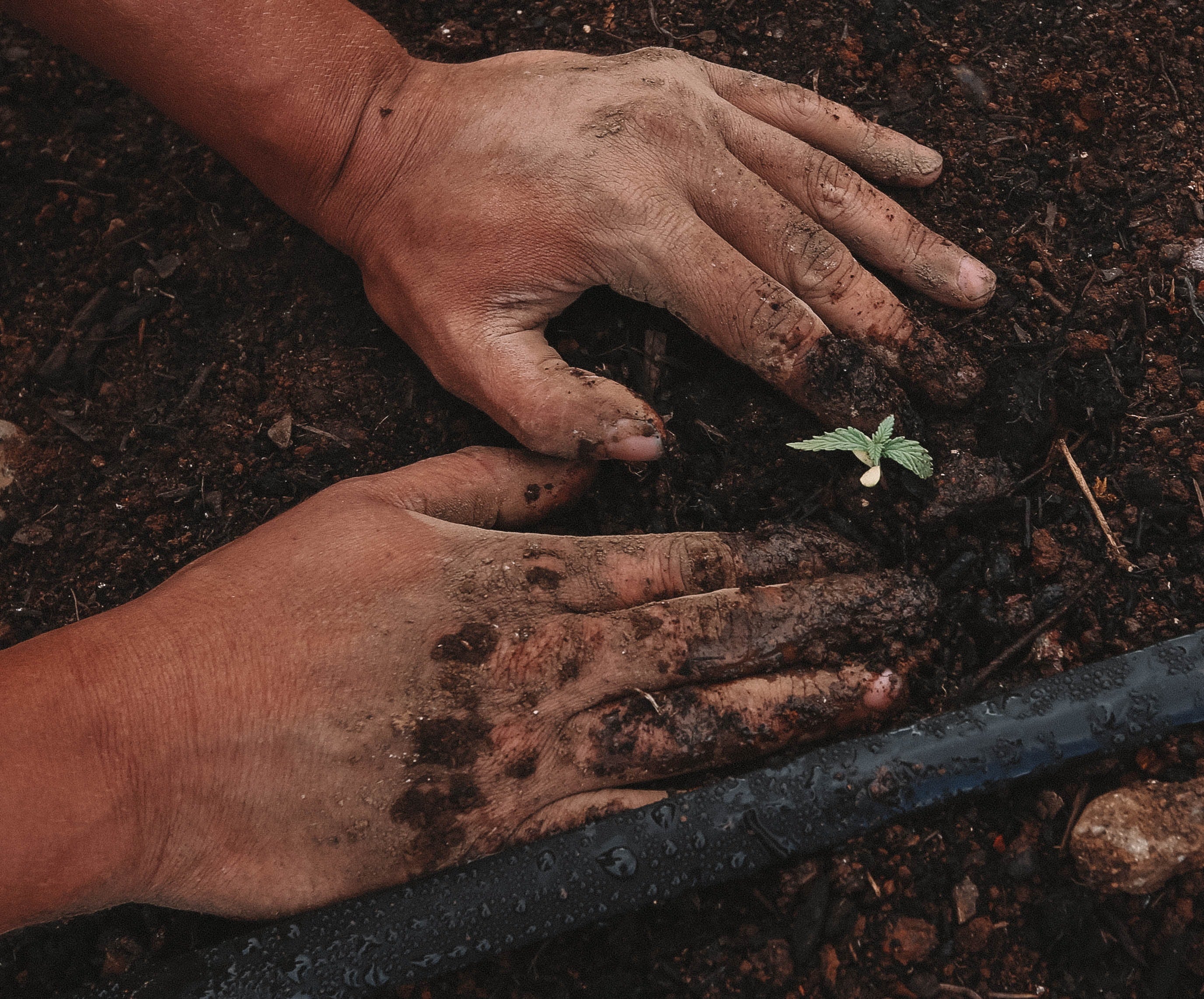In recent years, the world has been confronted with a series of unprecedented challenges, from natural disasters to global pandemics. One crisis that has been increasingly alarming is the shortage of essential medications and drugs according to the FDA. Whether caused by supply chain disruptions, manufacturing issues, regulatory complexities, and the global pandemic COVID-19 that influenced all of these factors in 2020, drug shortages can have severe implications for public health and safety. In these uncertain times, it becomes imperative to explore innovative solutions to protect ourselves and our loved ones. One such solution lies in cultivating a survival garden, a sustainable and empowering way to address drug shortages while enhancing our self-reliance and resilience.
The Peril of Drug Shortages
Drug shortages have become a global health concern, affecting both developed and developing nations alike. The reasons behind these shortages are multifaceted, ranging from increased demand, manufacturing difficulties, and logistical challenges to economic factors and regulatory hurdles. When essential medications are unavailable, it puts patients at risk, compromises medical treatments, and strains healthcare systems.
During times of crisis, such as natural disasters or pandemics, drug shortages can intensify significantly. Hospitals and healthcare facilities may struggle to provide adequate care, and individuals relying on life-saving drugs find themselves in dire circumstances. Therefore, it is crucial to seek alternative solutions that can alleviate the impact of these shortages and foster self-sufficiency.
The Rise of Survival Gardens
A survival garden, previously called Victory Gardens, is a deliberate effort to grow one's food and plants in a sustainable and resilient manner. While the concept may seem rooted in the past, and in some ways it still is, modern survival gardens have garnered renewed interest as individuals become more conscious of their impact on the environment and the fragility of existing systems. If you would like to read on about the foundational history of survival gardening in America, here is an interesting article by the New York Times about "Victory Gardens".

- Medicinal Plants for Self-Reliance
One of the primary benefits of a survival garden is the cultivation of medicinal plants. Throughout history, various cultures have relied on traditional herbal remedies to treat illnesses and injuries. By growing medicinal plants at home, individuals can gain access to natural remedies that may alleviate common ailments and supplement traditional medical treatments during drug shortages.
Herbs like chamomile, lavender, and peppermint offer soothing properties that can ease stress and promote relaxation. Echinacea, known for its immune-boosting qualities, can be a valuable addition to fight off infections. Calendula and aloe vera are renowned for their skin-healing properties, while ginger and turmeric possess potent anti-inflammatory effects.
We provide Medical Vaults so that your survival garden is well-rounded. It should include a diverse selection of medicinal herbs to provide natural remedies for various health conditions. These herbs have been used for centuries across different cultures for their therapeutic properties. Here is a description and list of common medicinal herbs our medical vault provides for your survival garden:
-
Achillea (Golden Yarrow - 500mg, White Yarrow - 500mg)
Description: Achillea, commonly known as Yarrow, is a hardy perennial with feathery, aromatic foliage and clusters of dainty, vibrant flowers. It has a long history of traditional medicinal use for treating wounds, promoting digestion, and supporting respiratory health.
-
Anise (Pimpinella Anisum - 250mg)
Description: Anise is an annual herb with delicate leaves and small, aromatic seeds. Known for its licorice-like flavor, it has medicinal properties that aid in digestion, relieve coughs, and soothe upset stomachs.
-
Bachelors Button (Mixed Colors - 500mg)
Description: Bachelors Button, also known as Cornflower, is an annual herb with charming blue, pink, and white flowers. Traditionally, it has been used to support eye health and alleviate inflammation.
-
Calendula (1000mg)
Description: Calendula, or Pot Marigold, is an easy-to-grow annual with bright orange or yellow flowers. It has anti-inflammatory and skin-soothing properties, making it excellent for wound healing and skin irritations.
-
Caraway (600mg)
Description: Caraway is a biennial herb with feathery leaves and aromatic seeds. Known for its digestive benefits, it can help ease bloating, indigestion, and flatulence.
-
Chamomile (German - 125mg)
Description: German Chamomile is an annual herb with delicate, daisy-like flowers. It is renowned for its calming properties, making it a popular choice for promoting relaxation and aiding sleep.
-
Cosmos (Bright Lights - 650mg)
Description: Cosmos is an annual flower with vibrant blooms in various colors. While primarily grown for ornamental purposes, some varieties have been used in traditional medicine to treat skin conditions and fevers.
-
Echinacea (Purple Coneflower - 1000mg)
Description: Echinacea is a perennial herb with distinctive purple flowers. It is widely recognized for its immune-boosting properties and is commonly used to prevent and alleviate cold and flu symptoms.
-
Fennel (Florence - 1.5g)
Description: Fennel is a perennial herb with feathery leaves and aromatic seeds. It is known for its digestive benefits, as well as its potential to relieve colic and support lactation in nursing mothers.
-
Lavender (English - 325mg)
Description: English Lavender is a fragrant perennial with slender, silvery-green leaves and beautiful purple flowers. Its calming scent is widely used in aromatherapy to reduce stress and promote relaxation.
-
Nasturtium (Jewel Mix - 3000mg)
Description: Nasturtium is an annual flower with striking, edible blooms in various colors. Beyond its ornamental appeal, the leaves and flowers have mild antibiotic properties and are sometimes used to support respiratory health.
-
Purslane (Green - 825mg)
Description: Purslane is a succulent annual with thick, fleshy leaves. It is rich in omega-3 fatty acids and antioxidants, making it a valuable addition to salads and a potential aid in reducing inflammation.
-
St. John's Wort (105mg)
Description: St. John's Wort is a perennial herb with bright yellow flowers. It has been traditionally used as a natural remedy for mild to moderate depression and mood disorders.

- Sustainable Food Security
A survival garden is not limited to medicinal plants; it can also be a rich source of sustenance during difficult times. In times of crisis, food supply chains may be disrupted, leading to scarcity and rising prices. Growing one's vegetables, fruits, and herbs ensures a constant supply of fresh, nutritious produce, reducing dependence on external sources.
Additionally, a diverse garden can help maintain a balanced diet, ensuring individuals receive essential vitamins and minerals. This, in turn, strengthens the immune system and overall health, decreasing the likelihood of falling sick and requiring medications.
- Connecting with Nature
Cultivating a survival garden fosters a profound connection with nature and the environment. In a world characterized by fast-paced living and disconnection from the natural world, gardening provides an opportunity to slow down, observe the cycle of life, and participate in sustainable practices. This re-connection can have positive effects on mental health and well-being, reducing stress and anxiety. Read on from this enlightening article by Mind.org about the benefits of connecting with nature.
- Adaptability and Resilience
Survival gardens are inherently adaptable and resilient, much like nature itself. Gardeners learn to adapt to changing weather patterns, soil conditions, and pest challenges. This adaptability translates into personal resilience, as individuals become better equipped to navigate uncertain times and unexpected challenges.
Drug shortages are a pressing concern that demands innovative and sustainable solutions. While addressing the root causes of these shortages may require complex systemic changes, individuals can take meaningful steps to protect themselves and their communities through survival gardens. By cultivating medicinal plants and embracing self-sufficiency in food production, we not only mitigate the impact of drug shortages but also strengthen our resilience and connection to the natural world. As we face an unpredictable future, a survival garden offers a beacon of hope and a powerful tool to safeguard our health and well-being.












1 comment
Chamomile is also good for stomach aches, taken in a tea form. Pleasant to drink and usually relieves pain fairly soon.